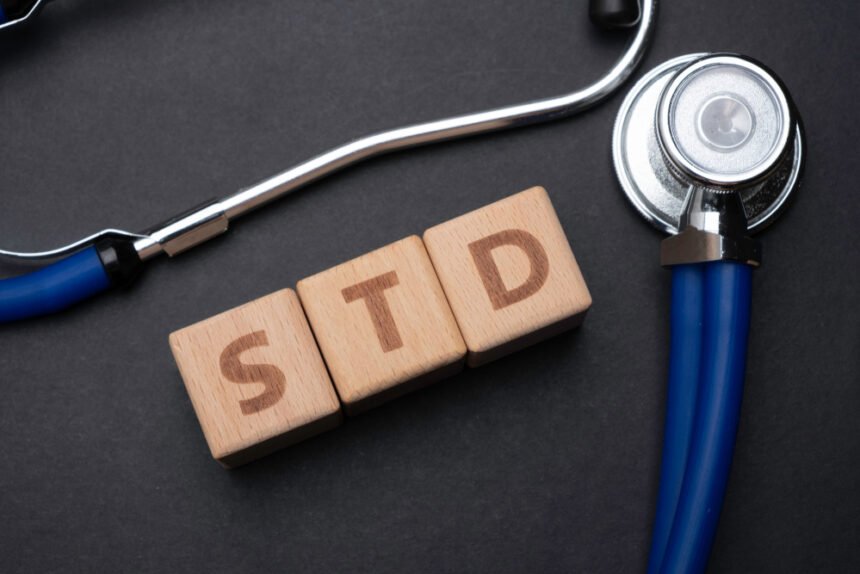Sexually transmitted diseases can be very painful. Many people think they will never contract an STD, given the amount of information readily available through the internet. The reality is there is just as much STD transmission as there was before the digital age. With 20 million new cases being diagnosed each year, 50 percent of sexually active adults will contract an STD by the age of 25. Many STDs do not have obvious symptoms, which is why it is crucial to be tested regularly. The following is a guideline for coping with an STD.
Dealing with the News
After being diagnosed with an STD, a person can feel anger, regret, embarrassment and shame. This is partly because STDs are often believed to be associated with a particular group of people. Some people have pointed out that the CDC figures show that around 20% of gay men have HIV. That figure is much lower with heterosexual people, which makes many people believe that anyone with HIV is gay. As a result, many straight people have a hard time accepting the diagnosis or even asking for one in the first place. These are normal emotional reactions to the situation. It is important to take time to process them. Talking with a therapist can help, as well as calling an anonymous hotline or joining an online forum. Knowing that others are experiencing the same feelings can help a newly diagnosed individual feel less alone. Getting the facts about the STD will help to maintain mental health and rationality while moving on with life.
The Importance of Self Care
The first step for a person just diagnosed with an STD is to schedule a doctor’s appointment and not be afraid to ask questions. This will help in the development of an effective treatment plan for the STD. The bacterial forms of STDs like gonorrhea, syphilis and chlamydia are easily cured with antibiotics when they are caught early on. This is also true of the parasitic STDs like trichomoniasis, scabies and pubic lice. Viral STDs like HIV, warts and genital herpes do not have a cure, but they can be managed with medication, and those who have them can still lead happy and fulfilling lives. It is important to get care right away to minimize the risk that the infection will worsen. For those unable to visit a clinic immediately, utilizing an at-home testing option like MyLAB Box STD Test can be a practical first step in managing health concerns promptly. These tests provide confidential results and can help guide a more informed discussion with healthcare providers.
Informing Partners
No one likes having difficult conversations, but this is legally required when a person has an STD. Those who have had sex with multiple partners must inform them of the infection. In a monogamous relationship, the discussion can be even more awkward and stressful. The best approach is to frame it from a health standpoint and encourage the other person to get tested right away. Regardless of how the STD was contracted, both partners can benefit from counseling to process the situation and cope with the effects on the relationship.
Having a Sex Life After Diagnosis
Those with curable STDs should not have sex until treatment is completed and tests are clear. In the case of viral STDs, sex is still possible, but partners must be informed and all precautions should be taken. This means staying on prescribed anti-viral medication and using condoms with each act of sex. Lube will also prevent vaginal tears that could lead to transmission. There are many people on the dating scene who have an incurable STD. It’s not the end of having a sex life. Being diagnosed with an STD can feel scary, but with open communication and the right treatment, life can return to normal.
Learn and Manage Your Life with an STD
STDs can be very painful. However, life will be much easier with the right precautions. Make sure that you know the risks and symptoms, so you can get the right treatment to improve your quality of life.








